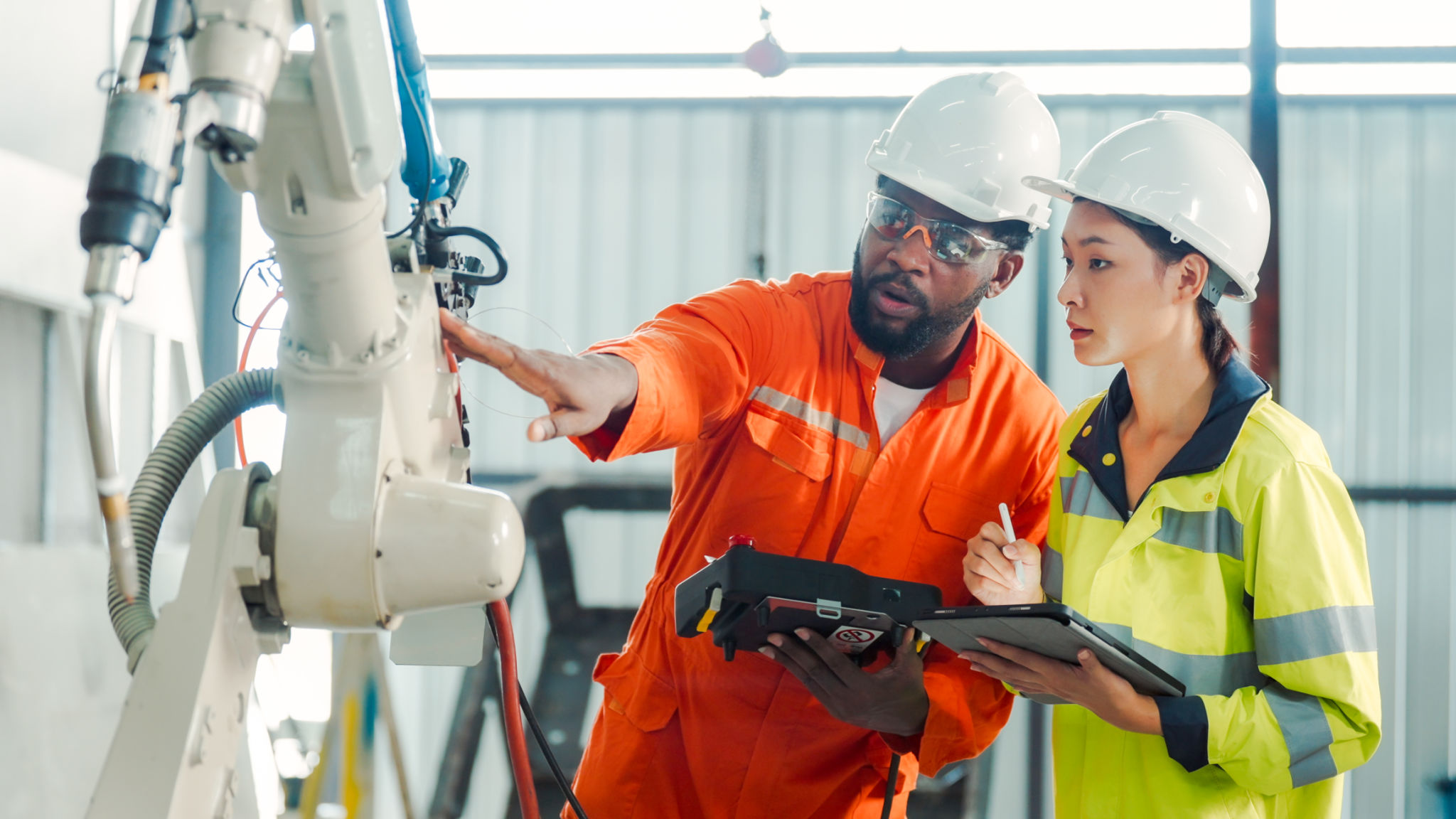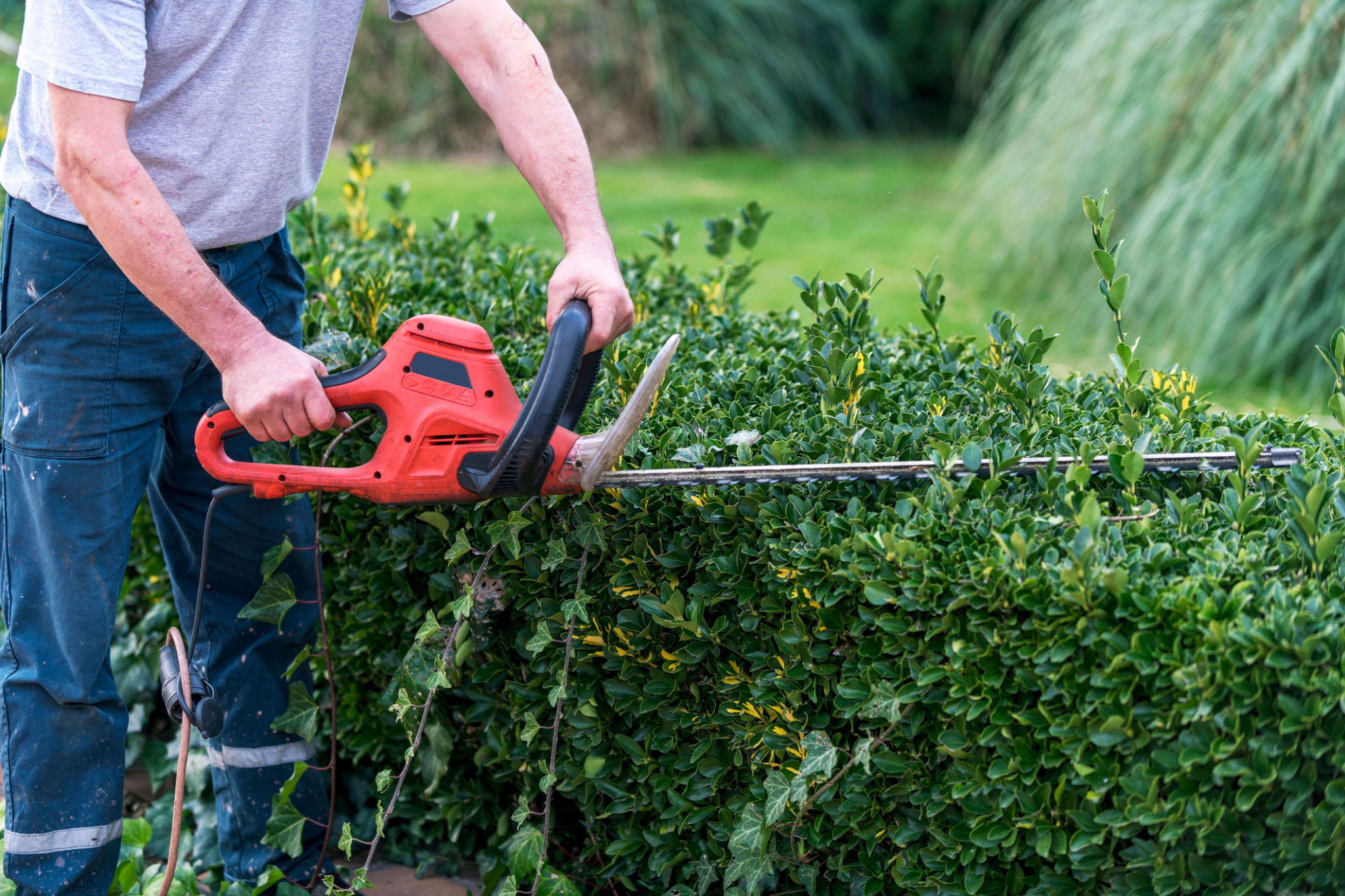A Comprehensive Guide to Industrial Equipment Maintenance in Hawaii County
Understanding the Importance of Industrial Equipment Maintenance
Industrial equipment is the backbone of many businesses in Hawaii County, providing essential functions in manufacturing, agriculture, and construction. Proper maintenance of this equipment is crucial to ensure operational efficiency and safety. Regular maintenance can prevent costly breakdowns and extend the lifespan of machinery, saving businesses both time and money.
In Hawaii County, where environmental conditions such as humidity and salt air can affect machinery, maintenance becomes even more critical. By implementing a comprehensive maintenance strategy, businesses can mitigate these environmental impacts and ensure their equipment remains in top condition.

Creating a Maintenance Plan
Identifying Equipment Needs
The first step in creating a maintenance plan is identifying the specific needs of your equipment. This involves understanding the manufacturer's maintenance recommendations and considering the unique environmental factors present in Hawaii County. Each piece of equipment may have different requirements based on its function, usage frequency, and operating environment.
Scheduling Regular Inspections
Regular inspections are a cornerstone of effective equipment maintenance. Scheduling these inspections at consistent intervals allows for early detection of wear and tear. Inspections should be thorough and cover all critical components, ensuring that any issues are identified before they escalate into major problems.

Implementing Preventive Maintenance
Benefits of Preventive Maintenance
Preventive maintenance involves regular, planned actions to keep equipment in optimal working condition. This proactive approach minimizes the risk of unexpected failures and extends the life of machinery. In Hawaii County, where equipment is exposed to harsh environmental conditions, preventive maintenance is especially beneficial.
- Reduces downtime
- Lowers repair costs
- Increases equipment lifespan
- Improves safety
Executing Preventive Measures
Preventive measures include routine tasks such as lubrication, cleaning, and part replacements. These tasks should be performed according to a predetermined schedule and documented for future reference. Consistent execution of these measures will ensure that equipment remains reliable and efficient.

Training and Safety Considerations
Proper training is essential for those involved in equipment maintenance. Workers must be knowledgeable about the machinery they work with and understand safety protocols to prevent accidents. In Hawaii County, where industries often operate in diverse environments, safety training should also encompass local environmental hazards.
Investing in regular training sessions not only enhances safety but also improves the efficiency of maintenance operations. By equipping workers with the right skills, businesses can ensure that maintenance tasks are carried out effectively and safely.

Leveraging Technology for Maintenance
Adopting Modern Solutions
Technology plays a significant role in modernizing industrial equipment maintenance. The use of software solutions for tracking maintenance schedules, recording inspections, and predicting potential failures can greatly enhance the effectiveness of a maintenance plan. These tools provide real-time insights and allow for data-driven decision-making.
Benefits of Technological Integration
The integration of technology into maintenance routines offers numerous advantages. It allows for better resource allocation, reduces human error, and provides comprehensive reports that can be used to optimize maintenance strategies. Businesses in Hawaii County can leverage these technological advancements to stay ahead in maintaining their industrial equipment.
- Enhanced tracking and documentation
- Predictive analytics for failure prevention
- Streamlined communication among maintenance teams
- Improved inventory management for parts and supplies
